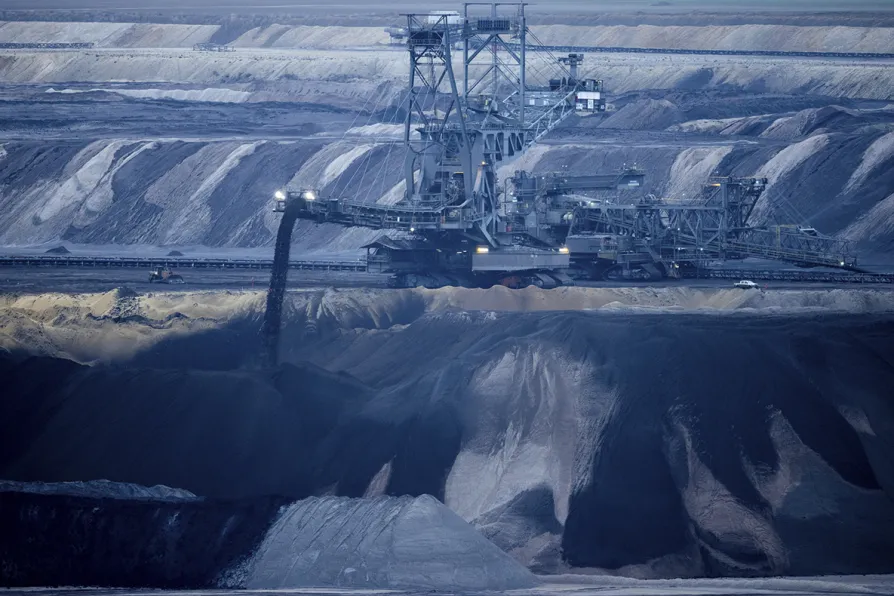
 A lignite excavator operates in the Garzweiler II opencast lignite mine near the village Luetzerath, in Jackerath, Germany, Thursday, January 5, 2023
A lignite excavator operates in the Garzweiler II opencast lignite mine near the village Luetzerath, in Jackerath, Germany, Thursday, January 5, 2023
CLIMATE activists have condemned the German government after a new report showed the country on course to miss its target for reducing greenhouse gas emissions again.
According to new data from think tank Agora Energiewende published on Wednesday, Germany released the equivalent of 761 million metric tons of carbon dioxide, the main planet-warming gas, in 2022.
That was slightly below the previous year’s figure but still above Germany’s target of a 40 per cent emissions cut by 2020.

As the Alliance of Sahel States and southern African nations advance pan-African goals, the African Union must listen and learn rather than parroting the Western line on these positive developments, writes ROGER McKENZIE

Money makers already exploit cleaning and catering contracts while the military-industrial complex diverts billions from health to warfare — but Bevan’s vision will endure as long as people fight for it, writes ROGER MCKENZIE
















